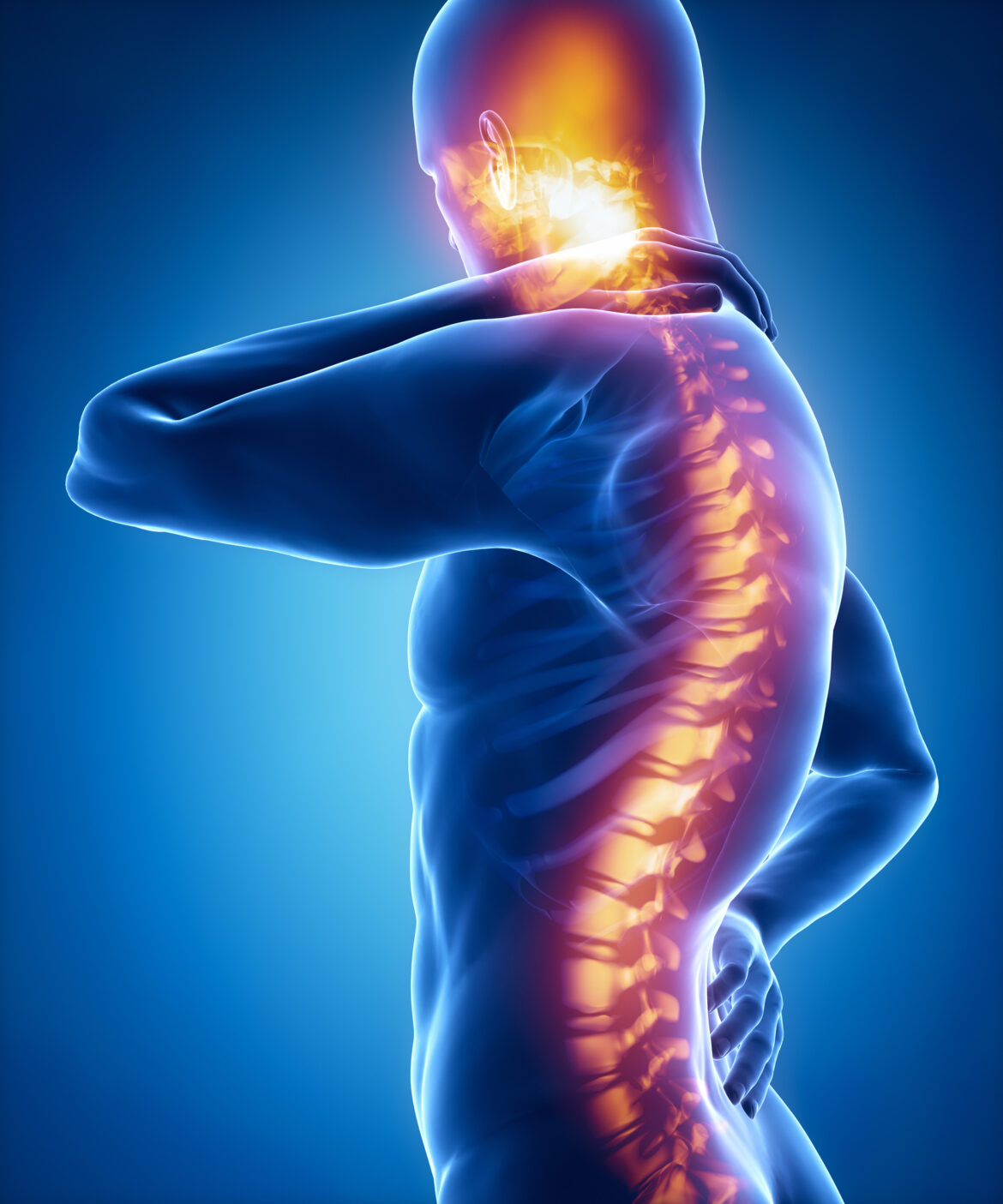When inflammation enters the body, it’s there to serve a purpose. Its original goal was to help your body’s immune system fight off an injury or infection. Unfortunately, inflammation can end up causing a lot of harm without proper treatment.
Chronic illness is linked to several issues, including cardiovascular disease and cancer.
If you are suffering from chronic inflammation, you might not even know it until the inflammation has become so bad that your body can no longer ignore it. That’s why it’s important to know the common signs and how to get treatment as early as possible.
Read on to learn more about chronic inflammation symptoms and how to treat them. Let’s begin!
Chronic Pain
Chronic pain is one of the most common symptoms associated with chronic inflammation. While there is no cure for chronic inflammation, there are treatments available that can help to manage the symptoms. It will also help improve the quality of life.
Common treatments for chronic pain include pain medication, physical therapy, and exercise. In some cases, surgery may be necessary to relieve chronic pain.
Fatigue
Chronic inflammation is a form of tissue damage that can lead to fatigue. The fatigue associated with chronic inflammation can be debilitating. And it can also make it difficult to perform daily activities.
You should make healthy lifestyle choices, such as eating a balanced diet. Exercising can also help to reduce the symptoms of chronic inflammation and fatigue.
There are also a lot of websites dedicated to helping with lifestyle changes such as Wholistic Matters. Medications, such as anti-inflammatory drugs, can also help to manage symptoms.
Joint Stiffness
Chronic inflammation of the joints often presents as stiffness and pain. Treatment involves a combination of medication and physical therapy.
Medications used to treat chronic inflammation may include non-steroidal anti-inflammatory drugs (NSAIDs). Physical therapy can also help to improve the range of motion and reduce pain. In some cases, surgery may be necessary to correct joint damage.
Skin Rashes
Chronic inflammation skin rashes are itchy and can be very uncomfortable. Treatment for skin rashes often includes anti-inflammatory medication and moisturizers. If the rash is severe, a doctor may prescribe a corticosteroid.
Skin rashes can also be difficult to live with. But with the proper treatment, most rashes can be controlled.
Gastrointestinal Issues
Chronic inflammation of the gastrointestinal tract is a common condition that can lead to a number of uncomfortable and potentially serious symptoms. These can include abdominal pain, cramping, bloating, gas, diarrhea, and constipation.
There are medications used to treat this condition. These include anti-inflammatory drugs, immunosuppressive drugs, and antibiotics.
Lifestyle changes can also help reduce the symptoms of chronic inflammation. This includes eating a healthy diet, avoiding trigger foods, and getting regular exercise.
Learn About the Chronic Inflammation Symptoms Today
If you think you may be experiencing chronic inflammation symptoms, it is important to consult with a healthcare professional. Discuss your symptoms and treatment options.
There is no one-size-fits-all approach to treating chronic inflammation but there are many effective options available. With the help of a healthcare professional, you can find the best treatment plan for you.
Did you find this article helpful? Check out the rest of our blogs!

